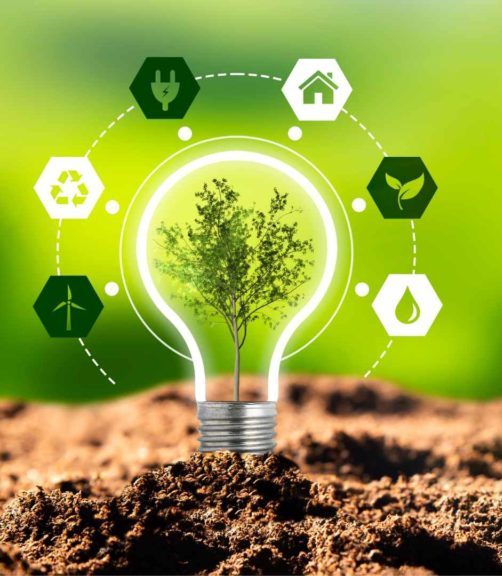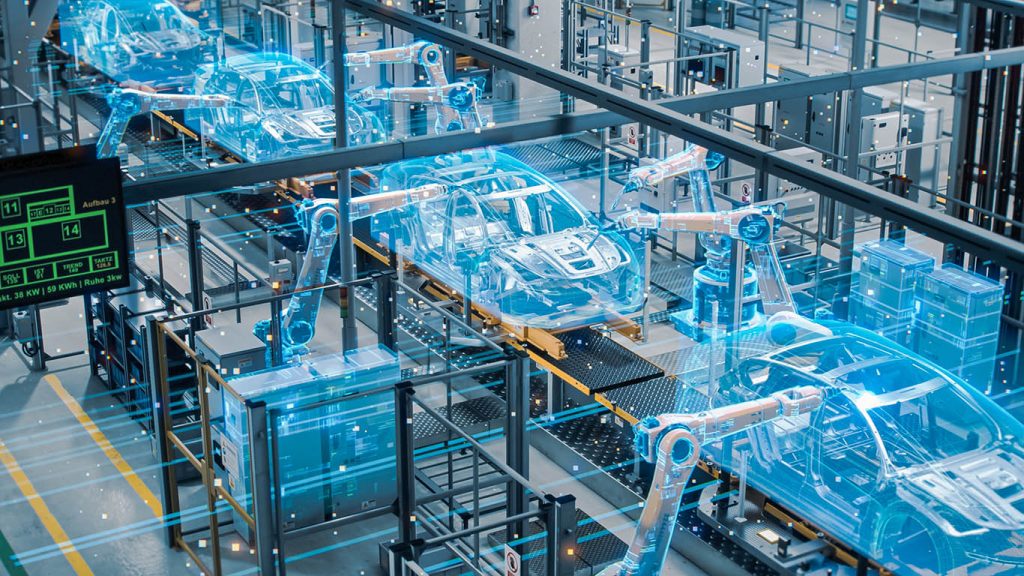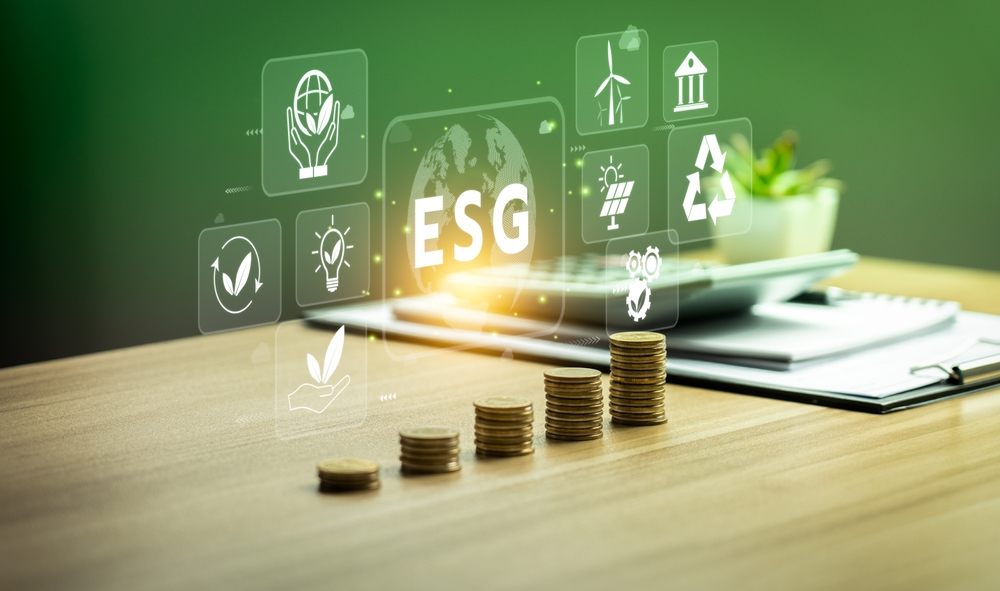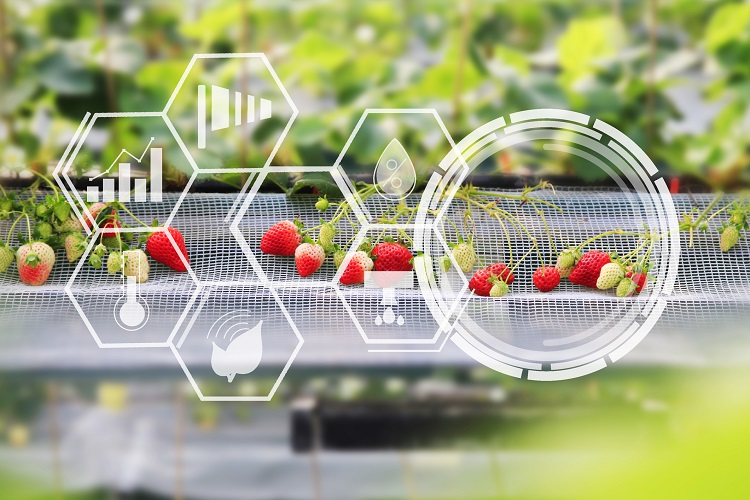Scopein Industries
Industrial Expertise
SCOPEIN has its roots in the classic “Old Economy”. Our focus is on the chemical industry and its related branches, the energy and utility companies, as well as on machine building, automotive suppliers and plant manufacturing firms.
In addition, the field of transport, logistics and infrastructure comprises another area of our expertise, as well as extensive know-how in the food&beverage, financial service and private equity industry.
Ways to Improvement
SCOPEIN helps companies to drastically enhance their sustainability performance, especially in regards of CO2-reduction. SCOPEIN supports their customers in:
Improvements Ways
- Identifying the essential sustainability issues
- Designing and accelerating the expedient sustainability transition
- Sustainable valuation management (i.e. calculation of investments in sustainability and their impact on the company value)
- Identifying and integrating useful sustainability partners and organizations (i.e. for carbon footprint, scope emissions measurement, sustainability reporting)
- Drastically reducing CO2
- Establishing and implementing a long-lasting sustainability performance and excellence system
01.
Sustainability in the Chemical Industry and related Branches
The chemical and pharmaceutical industries are under significant pressure to enhance their sustainability practices. Regulatory frameworks such as the European Green Deal and the REACH (Registration, Evaluation, Authorization, and Restriction of Chemicals) regulation are pushing companies to reduce their environmental footprint. Key trends include the development of green chemistry, which focuses on designing products and processes that minimize the use and generation of hazardous substances. Companies are also investing in bio-based materials and renewable energy sources to reduce their dependency on fossil fuels. Challenges in this sector include the high cost of sustainable innovation and the need to balance safety and environmental concerns.
Key Challenges
- High costs associated with sustainable innovation
- Balancing safety and environmental concerns
- Compliance with stringent regulatory frameworks
- Transitioning to renewable energy sources
- Development and adoption of green chemistry
- Managing waste and reducing hazardous substances
- Ensuring supply chain sustainability

02.
Sustainability in the Utility and Energy Sector
The utilities and energy sector is at the forefront of the sustainability movement, driven by regulations like the Paris Agreement and the European Union’s Renewable Energy Directive. The industry is seeing a strong shift towards renewable energy sources such as wind, solar, and hydroelectric power. Energy efficiency and smart grid technology are also key trends aimed at reducing carbon emissions and enhancing energy conservation. One of the main challenges for the sector is the integration of renewable energy into existing grids and the transition away from fossil fuels, which requires substantial investment and innovation.
Key Challenges
- Integrating renewable energy into existing grids
- Transitioning away from fossil fuels
- High investment costs for new technologies
- Ensuring grid stability and reliability
- Enhancing energy efficiency across operations
- Managing regulatory compliance and changes
- Addressing public and stakeholder expectations

03.
Sustainability in the Automotive, Machine Building and Plant Manufacturing Industry
Sustainability in the Machine Building Industry
The machine building industry is embracing sustainability by focusing on energy efficiency, reducing waste, and integrating renewable energy sources into their operations. Regulatory frameworks such as the European Eco-Design Directive are driving manufacturers to design machinery that consumes less energy and resources. Key trends include the development of smart machines that optimize performance and reduce downtime through predictive maintenance. Additionally, the adoption of Industry 4.0 technologies is enabling more efficient production processes. The main challenges in this sector include the high upfront costs of sustainable technologies and the need for significant changes in existing manufacturing processes.
Key Challenges
- High upfront costs of sustainable technologies
- Adapting existing manufacturing processes
- Ensuring regulatory compliance
- Integrating renewable energy sources
- Reducing waste and resource consumption
- Developing smart, energy-efficient machinery
- Implementing Industry 4.0 technologies
Sustainability in the Automotive Industry
Automotive suppliers are under increasing pressure to support the sustainability goals of major automotive manufacturers. Regulations like the Euro 6/VI emissions standards and the Corporate Average Fuel Economy (CAFE) standards in the US are pushing suppliers to develop components that enhance fuel efficiency and reduce emissions. Trends include the production of lightweight materials, electric vehicle components, and advanced driver-assistance systems (ADAS) that improve vehicle efficiency and safety. Challenges for automotive suppliers include the need for substantial R&D investments to develop sustainable technologies and the necessity to align with the evolving standards and demands of automotive OEMs (Original Equipment Manufacturers).
Key Challenges
- Significant R&D investments for sustainable technologies
- Aligning with evolving standards and OEM demands
- Developing lightweight and efficient components
- Reducing emissions and enhancing fuel efficiency
- Integrating advanced driver-assistance systems (ADAS)
- Ensuring supply chain sustainability
- Managing regulatory compliance
Sustainability in the Plant Manufacturing Industry
The plant manufacturing sector is focusing on enhancing sustainability through the adoption of green building practices, energy-efficient production systems, and waste reduction strategies. Regulations such as the Energy Performance of Buildings Directive (EPBD) and various national building codes are guiding the industry towards more sustainable practices. Trends include the use of renewable energy sources, the implementation of closed-loop systems to recycle waste, and the development of modular and flexible manufacturing plants that can easily adapt to new processes. The primary challenges include the high costs associated with retrofitting existing plants to meet new sustainability standards and the need to train personnel in new technologies and processes.
Key Challenges
- High costs of retrofitting existing plants
- Training personnel in new technologies and processes
- Implementing green building practices
- Enhancing energy efficiency in production systems
- Integrating renewable energy sources
- Developing modular and flexible manufacturing plants
- Managing waste and recycling processes

04.
Sustainability in the Logistics, Transport and Aviation Industry
The logistics, transport, and aviation sectors are working towards reducing their carbon footprint and enhancing operational efficiency. Regulations such as the International Maritime Organization’s (IMO) 2020 sulfur cap and the Carbon Offsetting and Reduction Scheme for International Aviation (CORSIA) are driving changes. Trends include the adoption of alternative fuels, such as biofuels and electric propulsion, and the optimization of supply chains through digital technologies. Challenges include the significant investments needed for new technologies and the balancing act between cost-efficiency and sustainability.
Key Challenges
- Significant investments for new technologies
- Balancing cost-efficiency and sustainability
- Reducing carbon emissions and sulfur levels
- Integrating alternative fuels into operations
- Enhancing operational efficiency
- Complying with international regulations
- Optimizing supply chains through digital technologies

05.
Sustainable in the Finance Industry
The financial industry plays a crucial role in driving sustainability across other sectors by channeling investments towards sustainable projects and companies. Regulatory frameworks like the EU Taxonomy for Sustainable Activities and the Task Force on Climate-related Financial Disclosures (TCFD) are influencing industry practices. Trends include the rise of green bonds, sustainable investment funds, and increased transparency in reporting environmental, social, and governance (ESG) criteria. Challenges include the need for standardization in ESG metrics and the risk of greenwashing.
Key Challenges
- Standardization of ESG metrics
- Avoiding greenwashing
- Enhancing transparency in ESG reporting
- Balancing financial returns with sustainability goals
- Channeling investments towards sustainable projects
- Complying with regulatory frameworks
- Educating stakeholders on sustainability issues

06.
Sustainable in the Food and Beverage Industry
The food and beverage industry faces increasing pressure to enhance sustainability across its supply chains. Regulations such as the EU’s Farm to Fork Strategy and various national guidelines on sustainable agriculture are driving change. Key trends include the adoption of sustainable farming practices, reduction of food waste, and the development of plant-based and alternative protein sources. Challenges include balancing cost pressures with sustainability goals and ensuring supply chain transparency and traceability.
Key Challenges
- Balancing cost pressures with sustainability goals
- Reducing food waste across the supply chain
- Adopting sustainable farming practices
- Developing plant-based and alternative protein sources
- Ensuring supply chain transparency and traceability
- Complying with national and international regulations
- Educating consumers on sustainability issues

07.
Sustainable in the Private Equity Sector
Private equity firms are increasingly incorporating sustainability into their investment strategies, driven by investor demand and regulatory pressures such as the EU Sustainable Finance Disclosure Regulation (SFDR). Trends include integrating ESG factors into due diligence processes, focusing on impact investing, and developing strategies for responsible exits. Challenges in this sector involve measuring the impact of investments accurately, avoiding greenwashing, and managing the balance between financial returns and sustainability goals.
Key Challenges
- Measuring the impact of investments accurately
- Avoiding greenwashing
- Balancing financial returns with sustainability goals
- Integrating ESG factors into due diligence
- Focusing on impact investing
- Developing strategies for responsible exits
- Complying with regulatory pressures

